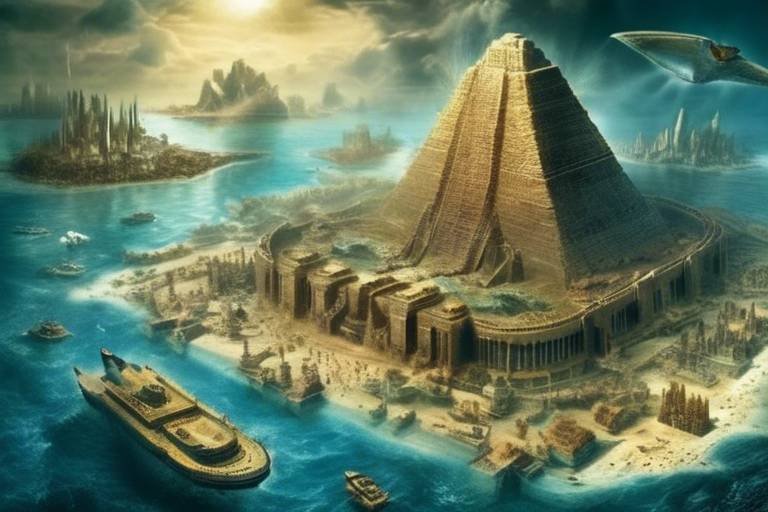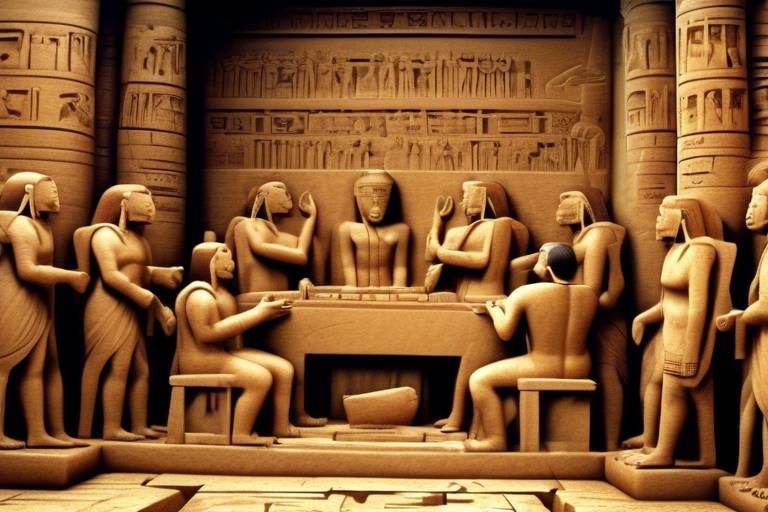The Mystery of the Lost Continent of Atlantis
Deep beneath the waves of the vast oceans lies a mystery that has captivated the minds of explorers, historians, and dreamers for centuries - the enigmatic lost civilization of Atlantis. The mere mention of its name evokes a sense of wonder and curiosity, sparking endless debates and speculations about its existence and ultimate fate.
According to ancient texts and accounts, Atlantis was a prosperous and advanced society that met a tragic end, sinking into the depths of the sea in a cataclysmic event of epic proportions. The legendary tale of Atlantis has been passed down through generations, with each retelling adding layers of intrigue and mystique to its lore.
Plato, the renowned philosopher, first introduced the concept of Atlantis in his dialogues, describing it as a powerful empire with unparalleled technological achievements and a utopian way of life. The origins of this mythic land can be traced back to his writings, where he detailed the story of Atlantis's glory and subsequent downfall.
One of the most hotly debated aspects of Atlantis is its possible location. Numerous theories have emerged over the years, placing Atlantis anywhere from the Mediterranean to the Caribbean. Geologists and archaeologists have scoured the earth in search of evidence that could support these claims, examining geological formations and ancient ruins for clues.
Some interpretations of the Atlantis legend suggest that it was a highly advanced civilization far ahead of its time, possessing knowledge and technology that surpass even our modern achievements. The idea of an ancient society with such capabilities has fueled the imaginations of many, sparking endless fascination and wonder.
However, the most compelling aspect of the Atlantis mystery is the catastrophic event that is said to have led to its demise. Theories range from massive tsunamis to volcanic eruptions, all pointing to a sudden and devastating end to this once-great civilization. The legend of Atlantis serves as a cautionary tale about the fragility of even the most powerful empires.
Throughout history, various cultures and civilizations have been linked to Atlantis, with some suggesting connections to the Minoans, Egyptians, and Mayans. The similarities in architecture, art, and cultural practices have led scholars to speculate about the possible influence Atlantis may have had on these ancient societies.
In modern times, expeditions and explorations have been launched in search of Atlantis, utilizing cutting-edge technology to explore the ocean depths and uncover potential evidence of its existence. While some discoveries have been made, concrete proof of Atlantis remains elusive, leaving researchers and enthusiasts alike to continue the quest for answers.
The myth of Atlantis has permeated popular culture, inspiring countless works of literature, films, and art that seek to capture the essence of this lost civilization. From Jules Verne's "20,000 Leagues Under the Sea" to Disney's animated film "Atlantis: The Lost Empire," the legend of Atlantis continues to captivate audiences worldwide.
Despite its enduring appeal, Atlantis has faced skepticism and debunking from the scientific community, who question the lack of empirical evidence supporting its existence. Alternative explanations and theories have been proposed, challenging the traditional narrative of Atlantis and prompting further investigation into the truth behind the myth.
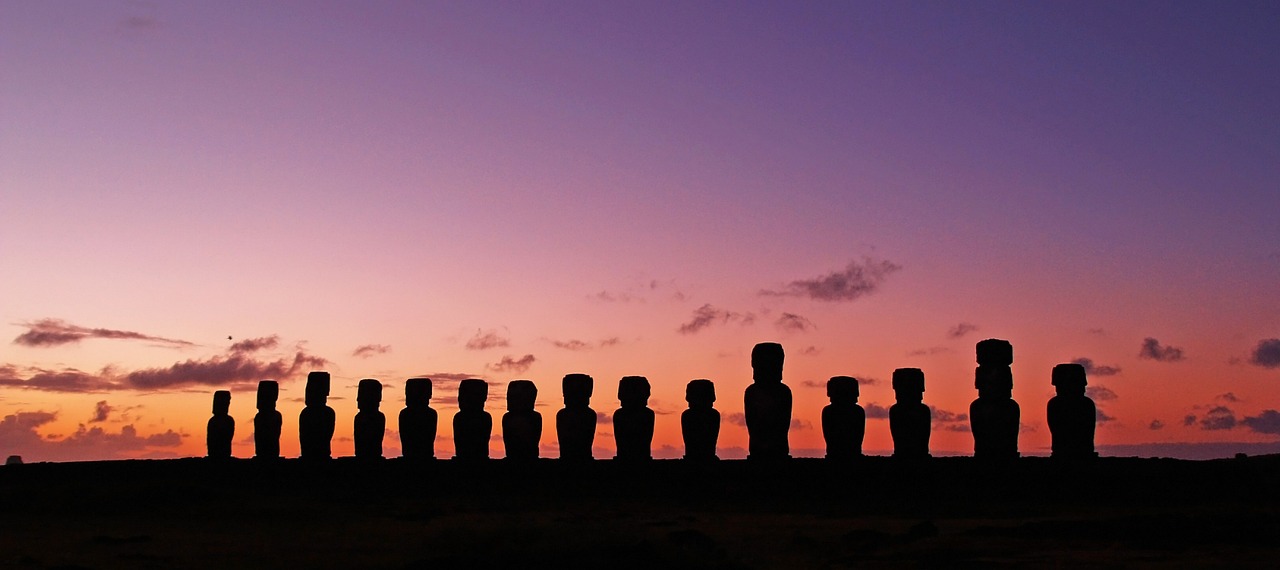
Historical Accounts and Origins
Exploring the enduring enigma surrounding the mythical lost civilization of Atlantis, its possible existence, and the various theories and speculations that attempt to unravel its mystery.
Investigating the ancient texts and accounts that mention Atlantis, including Plato's dialogues, and tracing the origins of the legend back to its roots.
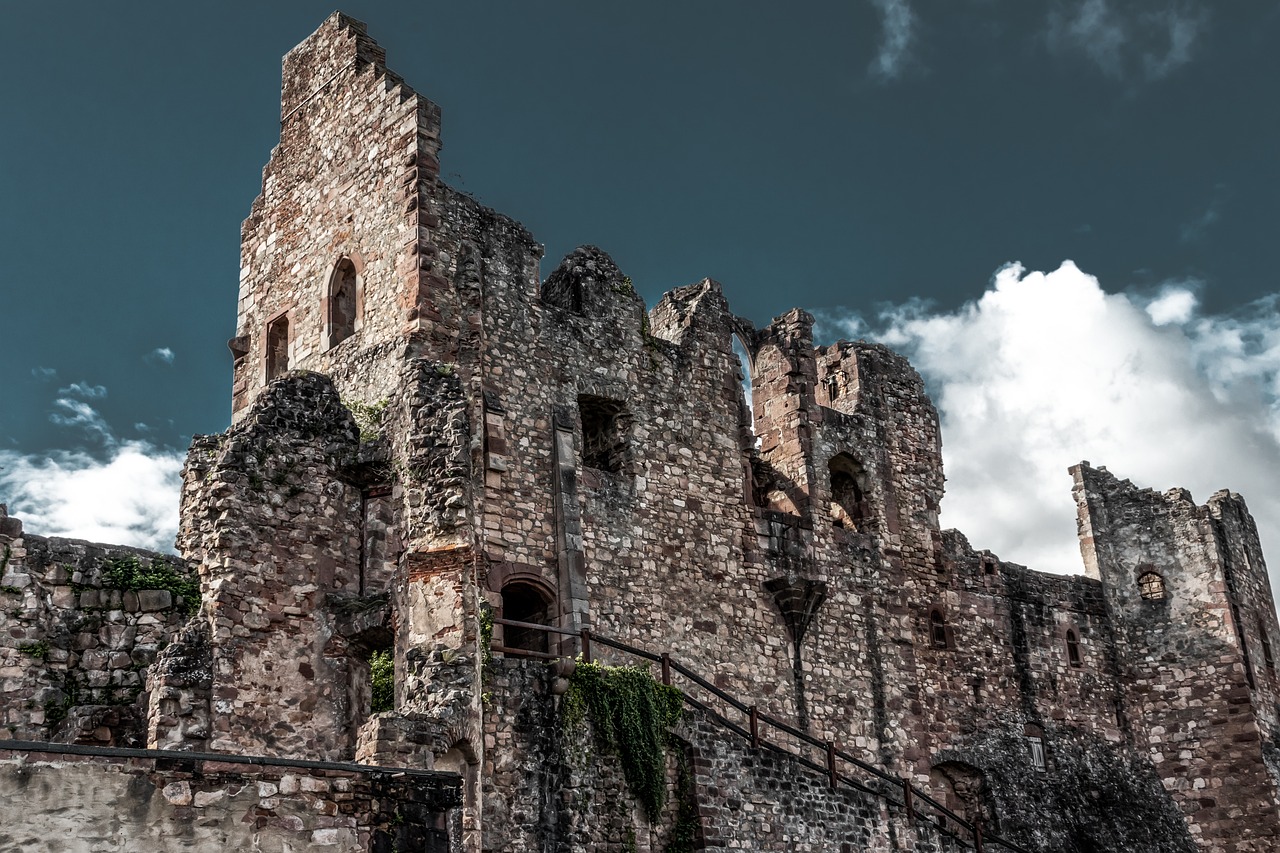
Geographical Theories
Exploring the enduring enigma surrounding the mythical lost civilization of Atlantis, its possible existence, and the various theories and speculations that attempt to unravel its mystery.
Investigating the ancient texts and accounts that mention Atlantis, including Plato's dialogues, and tracing the origins of the legend back to its roots.
One of the most intriguing aspects of the Atlantis mystery revolves around the diverse theories regarding its possible geographical location. From the sunken depths of the Mediterranean to the vast expanses of the Caribbean, numerous speculations have emerged over the years, each backed by its own set of compelling arguments.
Some theorists argue that Atlantis could have been situated in the Mediterranean basin, pointing to geological formations and ancient maps as evidence. Others believe in a more exotic location, proposing that the Caribbean islands might hold the key to unlocking the secrets of this lost civilization.
Geological evidence has been cited to support these claims, with underwater structures and anomalies fueling the debate further. The search for Atlantis's geographical whereabouts continues to captivate explorers and researchers alike, as they navigate through a sea of theories and conjectures.
Delving into the advanced technology, architecture, and societal structure that Atlantis is believed to have possessed, according to different interpretations of the legend.
Exploring the theories suggesting that a catastrophic event, such as a tsunami or volcanic eruption, led to the demise of Atlantis and the submergence of its civilization.
Investigating the potential links between Atlantis and other ancient civilizations, such as the Minoans, Egyptians, and Mayans, and the cultural influences they may have shared.
Reviewing the various expeditions and explorations conducted in search of Atlantis, the underwater findings, and the technologies used to uncover potential evidence.
Analyzing the pervasive presence of Atlantis in literature, films, and art, and the impact of its myth on modern-day culture and entertainment.
Addressing the skepticism within the scientific community regarding the existence of Atlantis, the lack of concrete evidence, and the alternative explanations proposed for the legend.

Advanced Ancient Civilization
The concept of an such as Atlantis has captured the imagination of scholars and enthusiasts alike for centuries. According to various interpretations of the legend, Atlantis was believed to have possessed remarkable technological advancements, sophisticated architectural structures, and a highly organized societal framework that surpassed the capabilities of other ancient civilizations.
Some theories suggest that the inhabitants of Atlantis had access to knowledge and inventions far ahead of their time, leading to speculations about the existence of advanced machinery, energy sources, and even forms of transportation that defied conventional understanding. The idea of a utopian society flourishing in a distant past, characterized by innovation and progress, continues to intrigue researchers seeking to uncover the truth behind the enigmatic civilization.
Exploring the descriptions provided in ancient texts and accounts, Atlantis is often depicted as a prosperous and intellectually advanced society, boasting achievements in various fields such as architecture, agriculture, and governance. The intricate details surrounding the city's layout, infrastructure, and cultural practices have sparked debates among historians and archaeologists regarding the plausibility of such a sophisticated civilization existing in antiquity.
Moreover, the concept of an advanced ancient civilization like Atlantis serves as a reminder of the potential for human ingenuity and creativity to reach extraordinary heights under the right circumstances. The legend of Atlantis symbolizes the enduring quest for knowledge and progress, inspiring individuals to imagine what remarkable achievements may lie undiscovered beneath the layers of history.
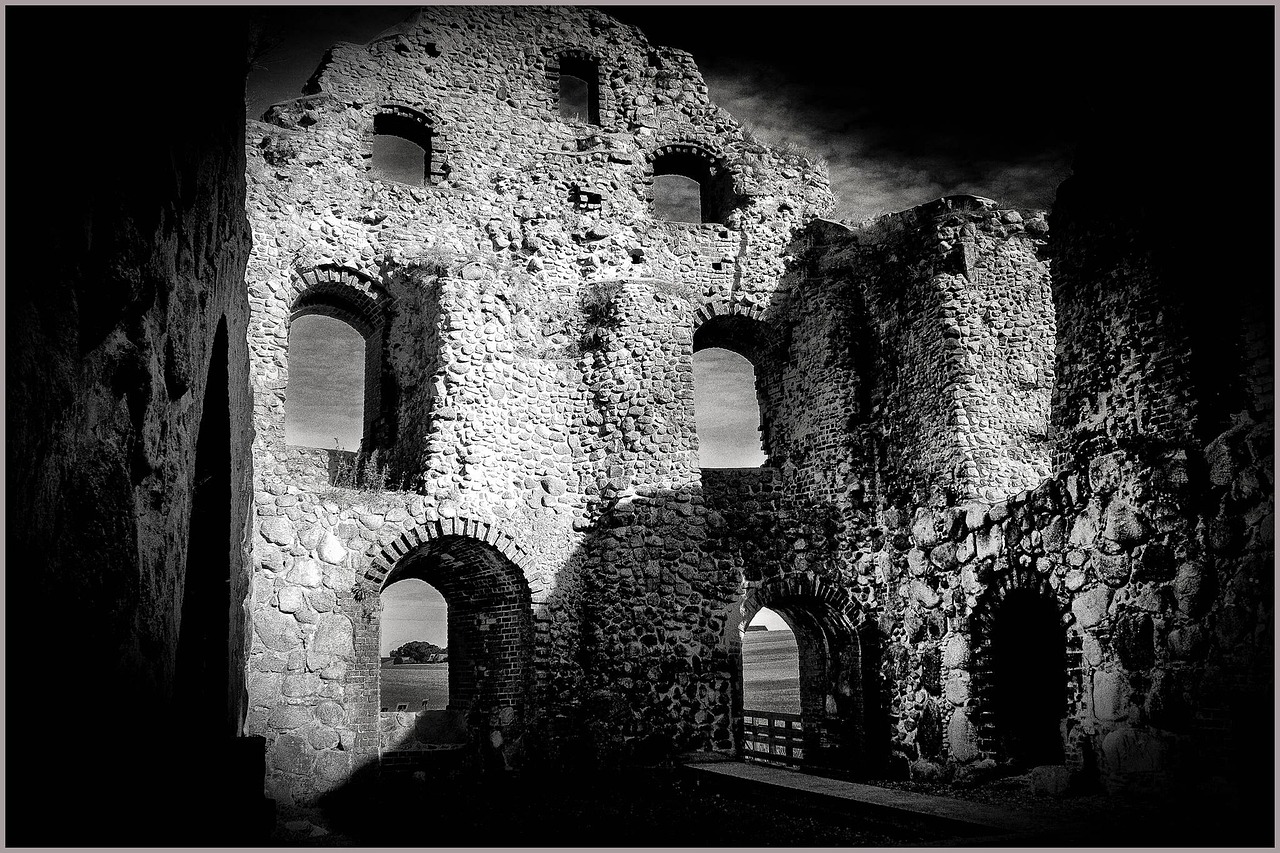
Legendary Cataclysmic Event
Legend has it that the downfall of Atlantis was not a gradual decline but rather a cataclysmic event of epic proportions. Theories abound regarding the nature of this catastrophic incident, with some suggesting a massive tsunami engulfed the island, while others propose a volcanic eruption of staggering magnitude. The vivid descriptions of the destruction of Atlantis in ancient texts paint a picture of a civilization brought to its knees by forces beyond its control. The mythic narrative of Atlantis's demise serves as a cautionary tale, a reminder of the fragility of even the most advanced societies in the face of nature's wrath.
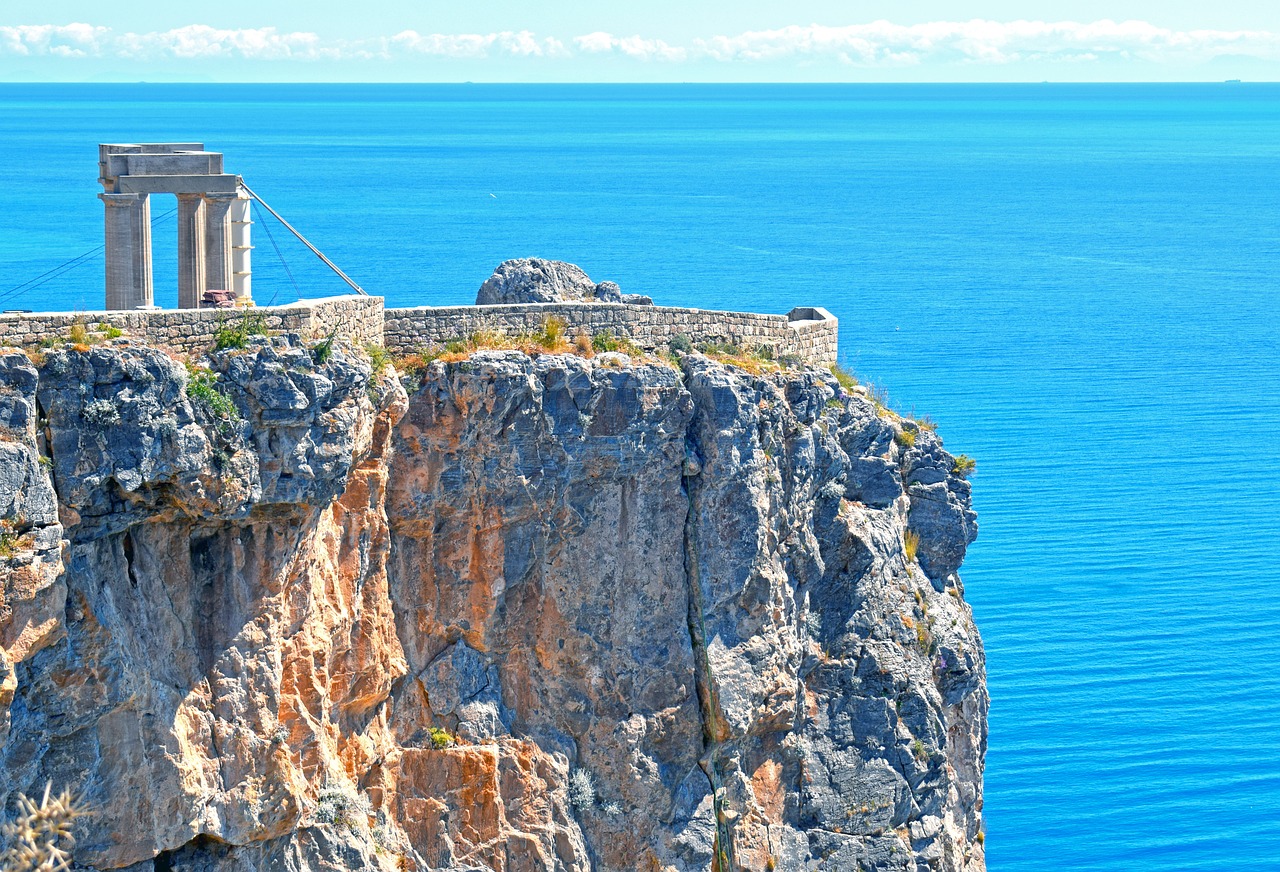
Connections to Other Cultures
Exploring the enduring enigma surrounding the mythical lost civilization of Atlantis, its possible existence, and the various theories and speculations that attempt to unravel its mystery.
Investigating the ancient texts and accounts that mention Atlantis, including Plato's dialogues, and tracing the origins of the legend back to its roots.
Examining the diverse theories regarding the possible location of Atlantis, from the Mediterranean to the Caribbean, and the geological evidence supporting these claims.
Delving into the advanced technology, architecture, and societal structure that Atlantis is believed to have possessed, according to different interpretations of the legend.
Exploring the theories suggesting that a catastrophic event, such as a tsunami or volcanic eruption, led to the demise of Atlantis and the submergence of its civilization.
Investigating the potential links between Atlantis and other ancient civilizations, such as the Minoans, Egyptians, and Mayans, and the cultural influences they may have shared.
Reviewing the various expeditions and explorations conducted in search of Atlantis, the underwater findings, and the technologies used to uncover potential evidence.
Analyzing the pervasive presence of Atlantis in literature, films, and art, and the impact of its myth on modern-day culture and entertainment.
Addressing the skepticism within the scientific community regarding the existence of Atlantis, the lack of concrete evidence, and the alternative explanations proposed for the legend.
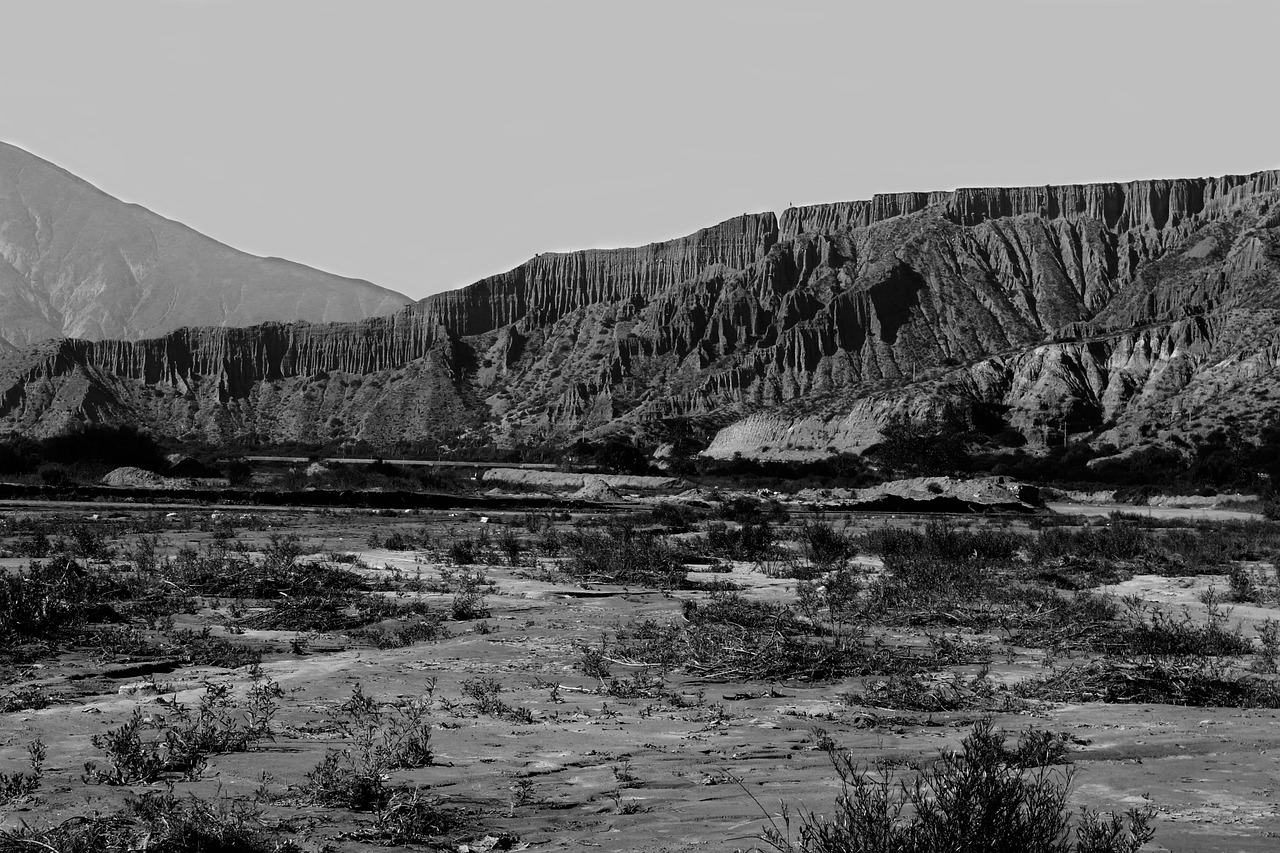
Modern Expeditions and Discoveries
Modern Expeditions and Discoveries have captivated the imaginations of explorers and researchers alike, fueling quests to unravel the mysteries surrounding the lost civilization of Atlantis. These expeditions, spanning land and sea, have utilized cutting-edge technologies and methodologies to scour the depths of the oceans and investigate potential sites that could hold clues to Atlantis's existence.
One notable expedition that garnered attention was the exploration led by a team of marine archaeologists in the waters off the coast of Bimini in the Bahamas. This expedition uncovered intriguing underwater structures, such as submerged walls and roads, sparking further speculation about their possible connection to Atlantis.
Utilizing sonar imaging and underwater drones, modern explorers have ventured to locations around the world, from the Mediterranean to the Atlantic, in search of evidence that could corroborate the existence of Atlantis. These high-tech tools have enabled researchers to map the seabed and analyze geological formations, hoping to uncover remnants of the ancient civilization.
Furthermore, advancements in marine archaeology have allowed for the discovery of sunken cities and artifacts that hint at the existence of sophisticated ancient societies. These findings have reignited interest in the quest for Atlantis and prompted new expeditions to delve deeper into the enigmatic past of this legendary civilization.

Atlantis in Popular Culture
Atlantis, the legendary lost civilization, has captured the imagination of people across the globe for centuries. Its enigmatic existence and mysterious disappearance have inspired numerous works of literature, films, and art, embedding itself deeply in popular culture. From ancient myths to modern-day interpretations, Atlantis continues to be a source of fascination and creativity.
The myth of Atlantis has permeated various forms of entertainment, becoming a recurring theme in literature and films. Countless novels and movies have explored the concept of a technologically advanced society that met a tragic end, often incorporating elements of mystery and adventure. These portrayals have shaped the modern perception of Atlantis as a utopian civilization that succumbed to its own hubris.
In art, Atlantis has been depicted in paintings, sculptures, and other visual mediums, showcasing artists' interpretations of the lost city and its grandeur. These artistic representations often emphasize the architectural marvels and advanced infrastructure of Atlantis, painting a vivid picture of a society ahead of its time.
The influence of Atlantis extends beyond traditional media, seeping into video games, comic books, and even theme park attractions. The allure of a hidden civilization waiting to be discovered resonates with audiences of all ages, fueling the creation of immersive experiences that bring the myth to life in new and exciting ways.
Moreover, the enduring popularity of Atlantis in popular culture serves as a testament to the timeless appeal of the unknown and the allure of ancient mysteries. The legend continues to spark curiosity and inspire creativity, inviting both creators and audiences to delve into the depths of imagination and explore the possibilities of a lost world waiting to be uncovered.

Scientific Skepticism and Debunking
Within the realm of scientific inquiry, the existence of Atlantis has long been a subject of skepticism and debate. Many scholars and researchers question the validity of the legend, citing the lack of concrete evidence to support its existence. The absence of archaeological findings directly linking to Atlantis has led to doubts about the veracity of the ancient accounts and myths surrounding the lost civilization.
Scientists often point to the allegorical nature of Plato's dialogues, where the story of Atlantis is presented as a moral lesson rather than a historical fact. The intricate details provided by Plato, such as the precise measurements and descriptions of the city, are often interpreted as symbolic rather than literal representations of a real place.
Furthermore, alternative explanations have been proposed to debunk the myth of Atlantis. Some suggest that the legend may have been inspired by a combination of natural disasters, societal upheavals, and cultural influences prevalent during ancient times. The idea of a technologically advanced civilization suddenly disappearing due to a catastrophic event is viewed with skepticism by many experts.
Frequently Asked Questions
- What is Atlantis?
Atlantis is a legendary lost civilization that has captured the imagination of people for centuries. Described in ancient texts, Atlantis is believed to have been an advanced society with great technological and architectural achievements.
- Where is Atlantis located?
The exact location of Atlantis remains a subject of debate and speculation. Various theories place Atlantis in different regions, such as the Mediterranean, the Caribbean, or even Antarctica. However, no concrete evidence has been found to definitively pinpoint its location.
- Did Atlantis really exist?
The existence of Atlantis is a topic of much controversy. While some believe that Atlantis was a real civilization that met a catastrophic end, others view it as purely a myth or allegory. The lack of concrete evidence has led to ongoing skepticism within the scientific community.
- What caused the downfall of Atlantis?
According to various theories, the downfall of Atlantis was triggered by a cataclysmic event, such as a tsunami, earthquake, or volcanic eruption. This event is believed to have led to the submergence of Atlantis and the loss of its advanced civilization.
- Are there any modern expeditions searching for Atlantis?
Yes, there have been numerous expeditions and explorations conducted in search of Atlantis, utilizing advanced technologies to survey the ocean floor and investigate potential underwater structures. While some findings have been intriguing, conclusive evidence of Atlantis remains elusive.

